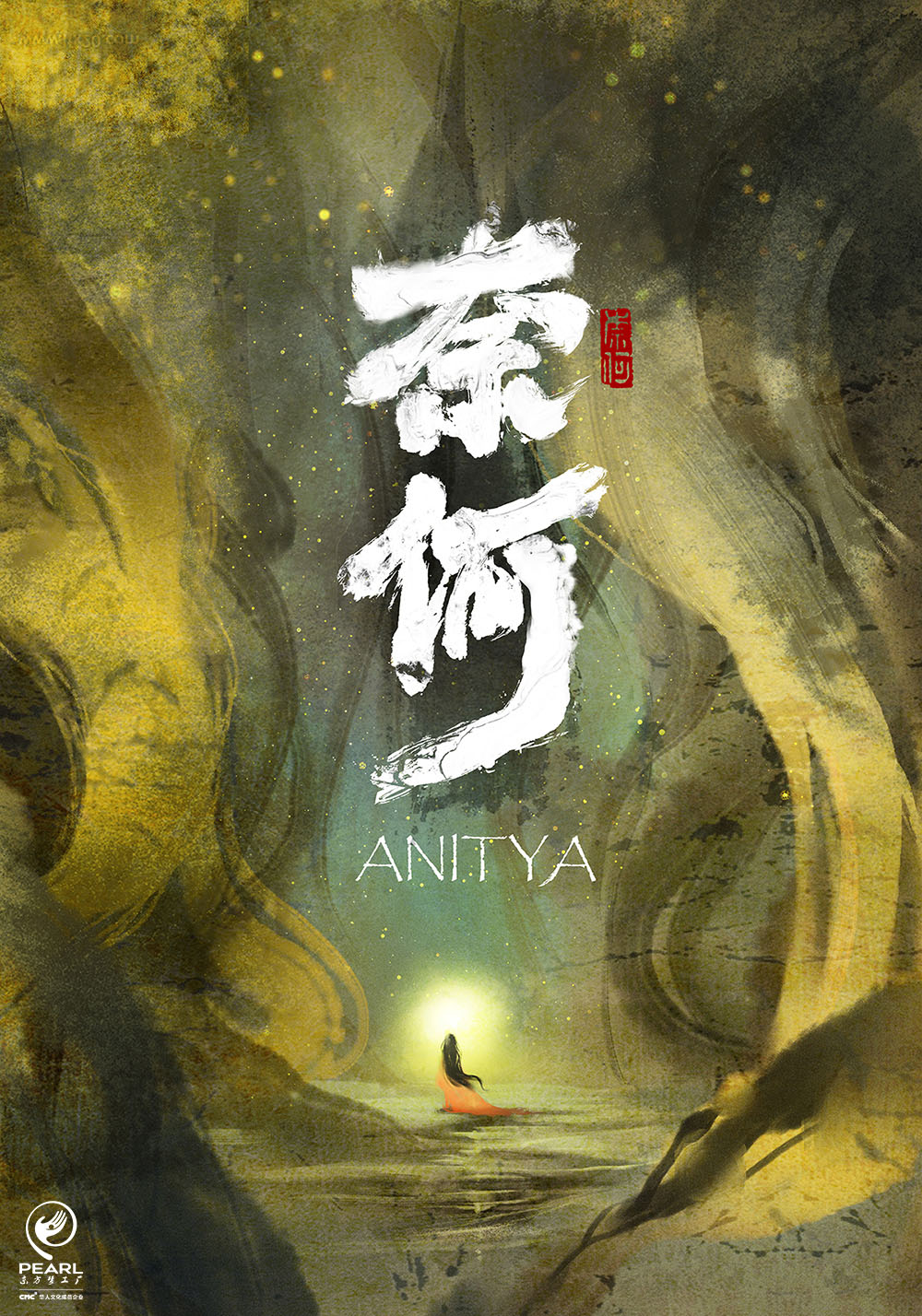

‘Over The Moon’ Studio Pearl Unveils Three New Features, Talent Accelerator
We hadn’t heard much from Pearl Studio since the release of its last feature, Netflix’s Over the Moon.
But now the Shanghai-based studio has bounced back into the spotlight: it has announced three feature projects as part of a new three-part strategy.
While mixing Chinese and global cultural elements has always been central to Pearl’s pitch, the studio now stresses it will “expand to encompass Chinese language content, promoting Chinese culture and telling genuine stories to the world,” without losing its international element. The first prong of its strategy is a new focus on sci-fi, fantasy, and Chinese mythological stories, as reflected in its slate of films in development, listed below with official descriptions:
Anitya is Pearl’s first original project set in ancient China. It centers around the mythological character of Meng Po (the goddess of oblivion) and tells a story of love and memories, life and death. Fresh renditions of classic characters like Meng Po and Yue Lao (the god of karma and matchmaking) will be a key focus of this film. Through this project, Pearl emphasizes the creation of a unique worldview and an innovative perspective on a classic tale while experimenting with new visual styles.

Ultraland is a sci-fi mystery adventure about the self-exploring journeys of teenagers growing up amid virtual worlds and physical reality. In the era of big data, informational overload and technological advancement bring about both convenience and concerns. Ultraland explores the coming-of-age experiences in this special era. Sci-fi is also an important focus of Pearl’s future content development.

In the Stars reveals the world behind our wishes — how does wishing work and how do wishes come true? People wish all the time, from coin throwing to temple visiting, and to the reposting of “lucky” koi fish images on social media. In the Stars explores the fantastical world and creatures behind human wishes.

The embrace of Chinese mythology is unsurprising, given that animated features inspired by local folklore have proved popular in China in recent years — most notably Ne Zha, which grossed over USD$700 million in the country. By contrast, Pearl’s films have performed modestly in China. Abominable took around $23 million and Over the Moon, which also incorporated Chinese myths, didn’t even muster $1 million.
But Pearl isn’t focused only on the box office. The company states that it is “scouting new potentials and possibilities” in terms of distribution platforms, including streaming services and interactive media. This is the second prong of its new strategy.
The third part is the launch of a talent accelerator initiative, Dream Frame. The program will start with three competitions: one for animated feature projects in development, one for completed animated shorts, one “for other animation professionals, with submissions based on a specific prompt.”
Successful projects and people will receive financial and other support from Pearl. The program will also partner with animation organizations worldwide, with a view to fostering “future animation directors, writers, and artists for the booming Chinese animation industry.”

Pearl CEO Catherine Ying said in a statement, “Our goal is to facilitate the creativity and originality of animation filmmakers, uncover ideas with potentials for development, and eventually enhance innovation and premium content in this industry. Therefore, the most prominent trait of the Dream Frame project is that we don’t have rules — we will provide the largest degree of creative and financial support to any selected talent and content, helping them towards project accomplishment and talent development.”
Pearl started life as Oriental Dreamworks, a joint venture between the Hollywood studio and Chinese investors. Oriental Dreamworks co-produced Kung Fu Panda 3 with Dreamworks. In 2018, the studio became fully Chinese-owned when CMC bought NBCUniversal’s stake, and it acquired its current name. Its two features to date were both directed by Americans.
In 2018, we spoke to Pearl’s then-chief creative officer Peilin Chou. “The landscape has become such that it’s quite difficult to have a globally successful film without winning in China,” she told us.



